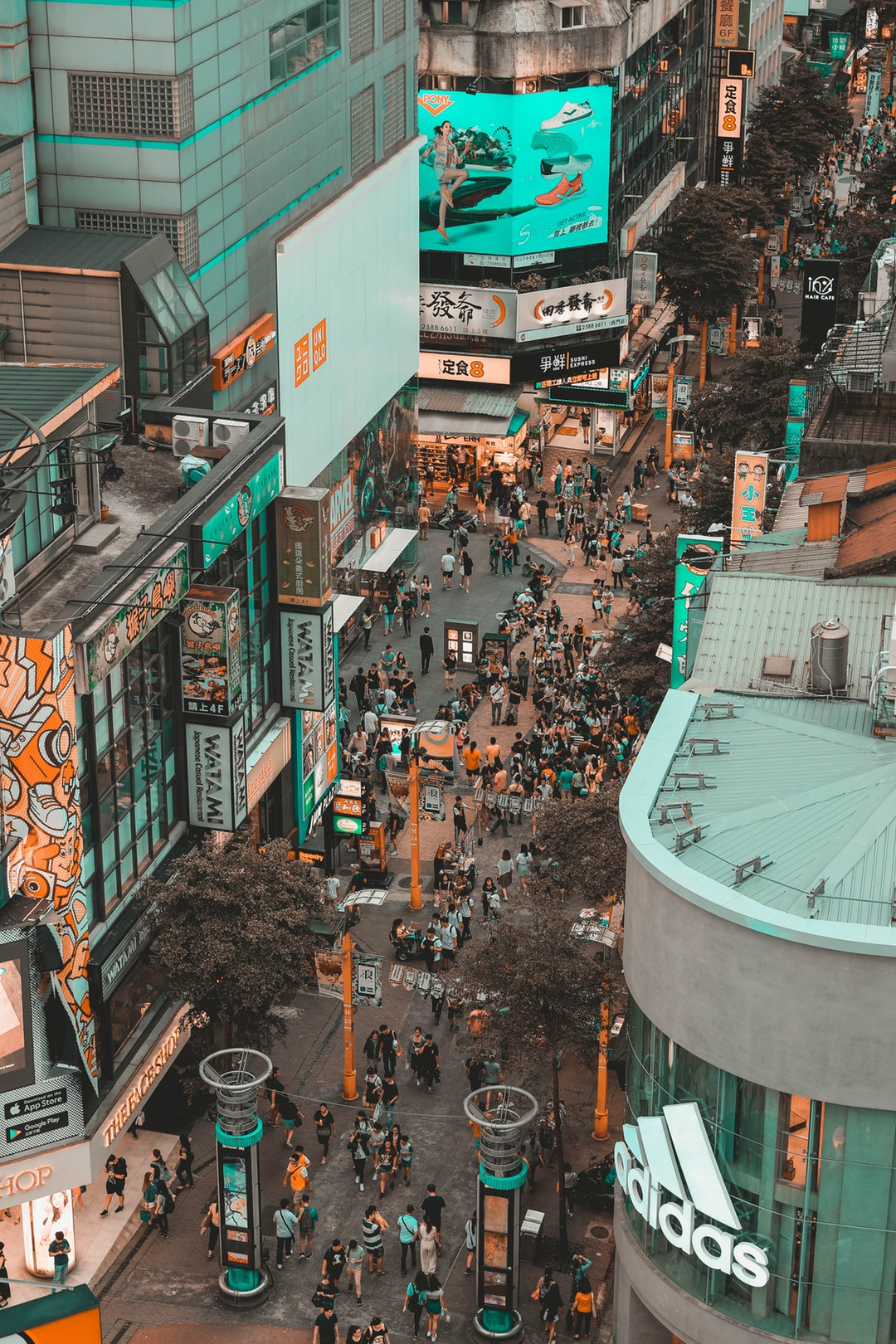
Korea, Singapore summit yields supply chain partnership in energy, biotech
Korea and Singapore signed deals to ensure supply chain resilience in the energy and biotech sectors as the two countries’ leaders held a bilateral summit on Tuesday.
President Yoon Suk Yeol and Singapore’s Prime Minister Lawrence Wong held a bilateral summit during the Korean leader’s state visit to discuss strengthening cooperation in trade and investment, artificial intelligence (AI), digital technology and startups.
The two countries signed a Supply Chain Partnership Arrangement, or SCPA, the first deal of its kind, agreeing to enhance bilateral cooperation on supply chains for strategic materials in the energy and biotechnology industries, extending beyond raw materials.
Korea, as the world’s third largest importer of liquefied natural gas (LNG), and Singapore, a global logistics hub, also signed a memorandum of understanding (MOU) for cooperation in LNG supplies, a move expected to contribute to the stability of the international supply chain, Yoon said in a joint press conference with Wong.
Through the LNG MOU, the state-run Korea Gas Corp., or Kogas, and Singapore’s Energy Market Authority will be able to swap or jointly purchase gas to lower purchase prices when necessary, depending on each country’s LNG inventory level. Singapore is the world’s fourth-largest LNG re-exporter.
In the joint press conference after the bilateral summit, Yoon highlighted that the two countries have “strived together towards national development over the past half-century,” calling Singapore “a key partner with whom we will pioneer the future together.”
Under the new SPCA, the two governments will hold an emergency meeting within five days of detecting signs of supply chain disruptions and operate a joint crisis response system. This marks the first bilateral supply chain partnership arrangement signed by either government with another country.
It upgrades a multilateral supply chain agreement established through the U.S.-led Indo-Pacific Economic Framework, or the IPEF, initiated by the Joe Biden administration in 2022.
The two sides also discussed methods of procuring strategic material from third countries.
The two leaders further agreed to work together in the startup and cutting-edge technology sectors, leveraging Korea’s expertise in semiconductors, batteries and vehicles and Singapore’s strengths in AI, biotech and energy.
The two sides also signed MOUs on technological cooperation, food safety, and SMEs and startups.
Korea established a startup center in Singapore in 2020, its first in Southeast Asia, to support Korean companies entering the region.
Korea and Singapore also signed an extradition treaty to step up bilateral judicial cooperation and enable the smoother arrest and extradition of fugitives in each other’s countries.
During the joint press conference, Wong referred to the two countries as “Asian tigers” who transformed their economies and share a vision of a “rules-based global order.”
Korea and Singapore are working to establish a strategic partnership next year, which will mark the 50th anniversary of the establishment of diplomatic relations, according to the two countries’ leaders.
The two sides further agreed to cooperate on regional security issues, including North Korea’s nuclear and missile threats, ahead of the upcoming Asean meetings in Laos this week.
Korea and Singapore also want to upgrade their bilateral free trade agreement (FTA), which went into force in March 2006.
Yoon also met with Singaporean President Tharman Shanmugaratnam and former Prime Minister Lee Hsien Loong.
Yoon and first lady Kim Keon Hee were hosted by Prime Minister Wong and his wife for a luncheon at the Singapore Botanic Gardens. The presidential couple also had an orchid named in their honor.
Later Tuesday, Yoon visited Hyundai Motor Group’s Global Innovation Center in Singapore’s Jurong Innovation District, an industrial complex, accompanied by Hyundai Motor Group Executive Chair Euisun Chung.
The center, completed in November last year, is a futuristic factory where AI technology and robotics are employed in a cell-based production system to manufacture cars instead of traditional conveyor belts.
“Ford’s conveyor belt 100 years ago and Toyota’s just-in-time production 50 years ago were important examples of innovation, and now Hyundai Motor Group’s method of combining AI and robots is leading innovation,” Yoon said during the visit. “The spread of AI has increased the productivity of the Korean manufacturing industry.”
Yoon later attended the Korea-Singapore business forum with some 250 officials and business executives from the two countries, including the heads of Korea’s top conglomerates, such as Samsung Electronics Executive Chairman Lee Jae-yong and Hyundai Motor’s Chung.
The two sides signed a total of 17 MOUs and agreements on the occasion of Yoon’s state visit, the presidential office said. This included 10 MOUs signed through the business forum covering fields such as energy, LNG, joint research and K-pop.
The Singaporean presidential couple were set to host a state banquet for Yoon and Kim.
On Wednesday, Yoon is scheduled to give an address on his unification vision.
Yoon arrived in Singapore on Monday for a three-day state visit, the second part of a three-country Southeast Asia tour that will take him to Laos for a series of Asean-related meetings and bilateral talks.
Japan’s new Prime Minister Shigeru Ishiba confirmed he is set to make his diplomatic debut with a visit Vientiane in Laos. This could be an opportunity for Yoon to hold his first bilateral talks with Ishida.
By: Sarah Kim, Koreajoongangdaily / 08 Oct. 2024
